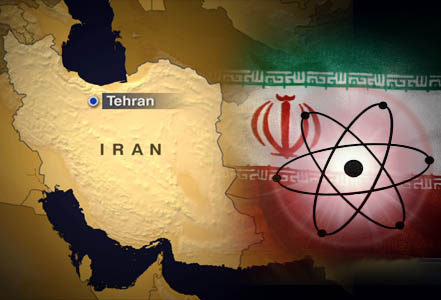 On Tuesday, we began our Iran Live Coverage:
On Tuesday, we began our Iran Live Coverage:
Monday's news was distinguished by an absence --- almost nothing came out of the technical, "expert" talks in Istanbul between Iran and the 5+1 Powers (US, Britain, France, Russia, Germany, and China).
Last night, while the West remains silent, the Iranian side seem to have put out a message via The Christian Science Monitor.
Citing an "Iranian source close to the talks" who spoke on condition of anonymity, Scott Peterson's report gives more detail on what Western powers apparently have offered Iran and on Tehran's reaction to the proposals.
Significantly, the West's revised deal appears to include very little in the way of sanctions relief --- there are no plans to ease embargoes on oil or central bank transactions.
Moreover, while Iran made much after last month's talks of a retracton of the demand that the Fordoo enrichment plant be closed, with 20% uranium shipped out of the country, the new Western proposals appear to demand a de facto shutdown of Fordow as a facility that can produce the 20% stock, now or in the future.
The Iranian source says:
They are asking Iran to suspend 20 percent enrichment, and reduce the readiness of Fordow, which from our point of view is [the same as] shutting Fordow down. We argued that there is no balance between what they are asking, and what they are offering.
According to the Monitor, the West "discussed allotting six months for the confidence-building steps of suspending 20 percent enrichment and modifying Fordow in a way that would prevent a quick resumption of work there".
That proposal is unlikely to be accepted by Iran. At a press conference after the Almaty talks in February, Tehran's lead nuclear negotiator Saeed Jalili emphasized that Iran expected the West to acknowledge its right to enrichment, noting that the Islamic Republic wanted 20% uranium for medical purposes.
Regarding the sanctions relief, the source said the West's proposal was disproportionate: "From our side, [the proposed] relief of the sanctions is not proportionate with what they are asking Iran to do."
So why is Iran choosing to give a message this way --- through an unnamed source --- rather than criticising the West's proposals more directly via named officials speaking to State media?
The answer is likely because Iran at this stage is seeking only to test the waters before the more serious resumption of negotiations in Almaty next month.
If the West does not budge on its proposals, we are likely to see a stronger, official response from Iran at that stage.